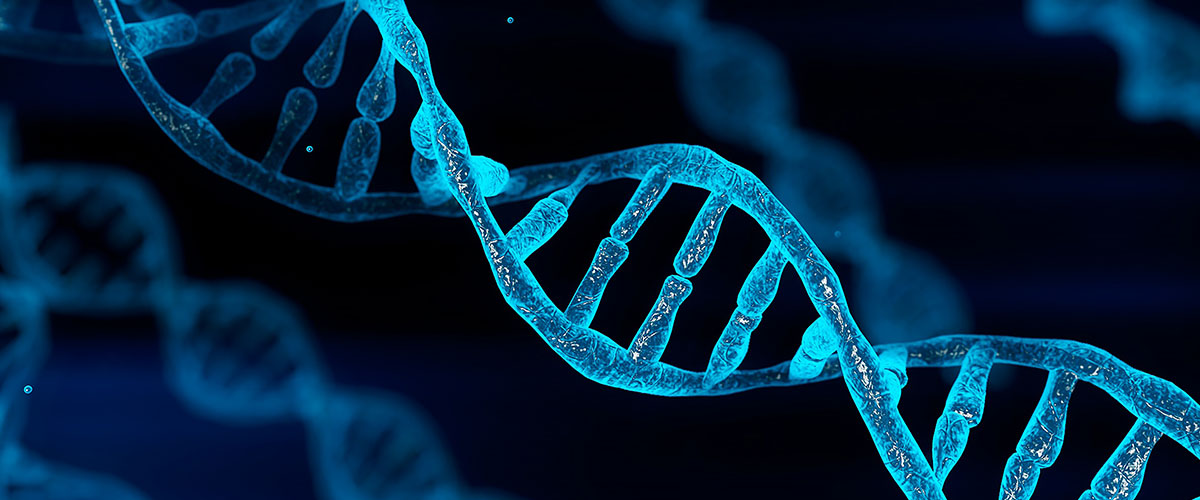)
Biomarker discovery for immunotherapy response via pan-cancer and cancer-specific analyses
Researcher: Farnoosh Abbas-Aghababazadeh
Institution: University Health Network – Princess Margaret Cancer Centre
Mentors: Dr. Benjamin Haibe-Kains
Consortium: PM2C
Program: MOHCCN Health Informatics & Data Science Awards
Summary
Objective. In this project we propose to develop a new informatic tool to integrate clinical and molecular data across different institutions to identify biomarkers that are associated with immunotherapy response. This tool will address the problem of data privacy by developing genomic predictors of drug response without exchanging any sensitive data.
Previous work. Recently, multiple biomarkers have been reported to be associated with immunotherapy response, however tumor complexity and heterogeneity limit the use of research context biomarkers in clinical practice. To improve clinical utility, predictive biomarkers need to be validated sufficiently to provide useful information to support clinical decision-making. In addition, with the help of rapid development in high-throughput sequencing technologies, the integration and analysis of multiple molecular profiles and clinical data has become a major focus in immuno-oncology to understand the molecular mechanism of cancer, clustering patients treated by immunotherapy, and predicting immunotherapy response. However, high dimensionality, small number of patients, missing values, and heterogeneity of different molecular profiles pose huge challenges to integrated analysis. To address these issues, the availability of multiple, comparable datasets is essential for the assessment of reproducibility and the validation of biomarkers.
Research Plan. Due to the concerns about privacy of sensitive clinical and molecular data, data sharing remains a challenge that limits progress to enable robust biomarker discovery. Therefore, there is a need to develop a new framework to address the problem of data governance and privacy by training algorithms collaboratively without transferring sensitive data. Only parameters of the analysis method are exchanged between the data-hosting centers, and these parameter sets are not allowed to contain information that may endanger potentially sensitive patient data. Such frameworks enable access to datasets that can not be shared and also leverage molecular and clinical data for the development of more robust predictors of immunotherapy response.
Impact and Relevance to Cancer. Upon successful implementation, we will deliver an informatic tool capable of analyzing clinical genomic data generated across multiple institutions. These federated analyses will allow us to develop robust genomic predictors of immunotherapy response for specific cancer types as well as computational models predictive across multiple cancer types. These predictors can then be used to stratify patients based on their predicted response, which will improve the design of future trials, ultimately increasing the response rate for cancer patients treated with immunotherapy.
Quotes
“Receiving the MOHCCN HI&DS award for biomarker discovery in immunotherapy response fills me with deep honor and gratitude. Biomarker discovery is pivotal in predicting immunotherapy response. It holds immense potential in identifying molecular signatures that accurately predict and guide patients' response to immunotherapy. More data needed for robust biomarker discovery. Therefore, developing bioinformatics pipelines that integrate MOHCCN trials with other clinical trial datasets accelerates the discovery of robust biomarkers associated with immunotherapy response.” – Farnoosh Abbas-Aghababazadeh, HI&DS Award recipient
“The MOHCCN investigators have profiled multiple cohorts of patients treated with immunotherapy, providing a unique opportunity for biomarker discovery with the aim to develop new tools to predict which patients will benefit from the treatment. Farnoosh’s study supported by a MoHCCN HI&DS Award will enable large-scale meta-analysis of genomic and transcriptomic signatures to identify the ones that are strongly predictive in a cancer-specific and pancancer settings, paving the way for future translation of new predictive tools for immunotherapy.” – Dr. Benjamin Haibe-Kains, mentor